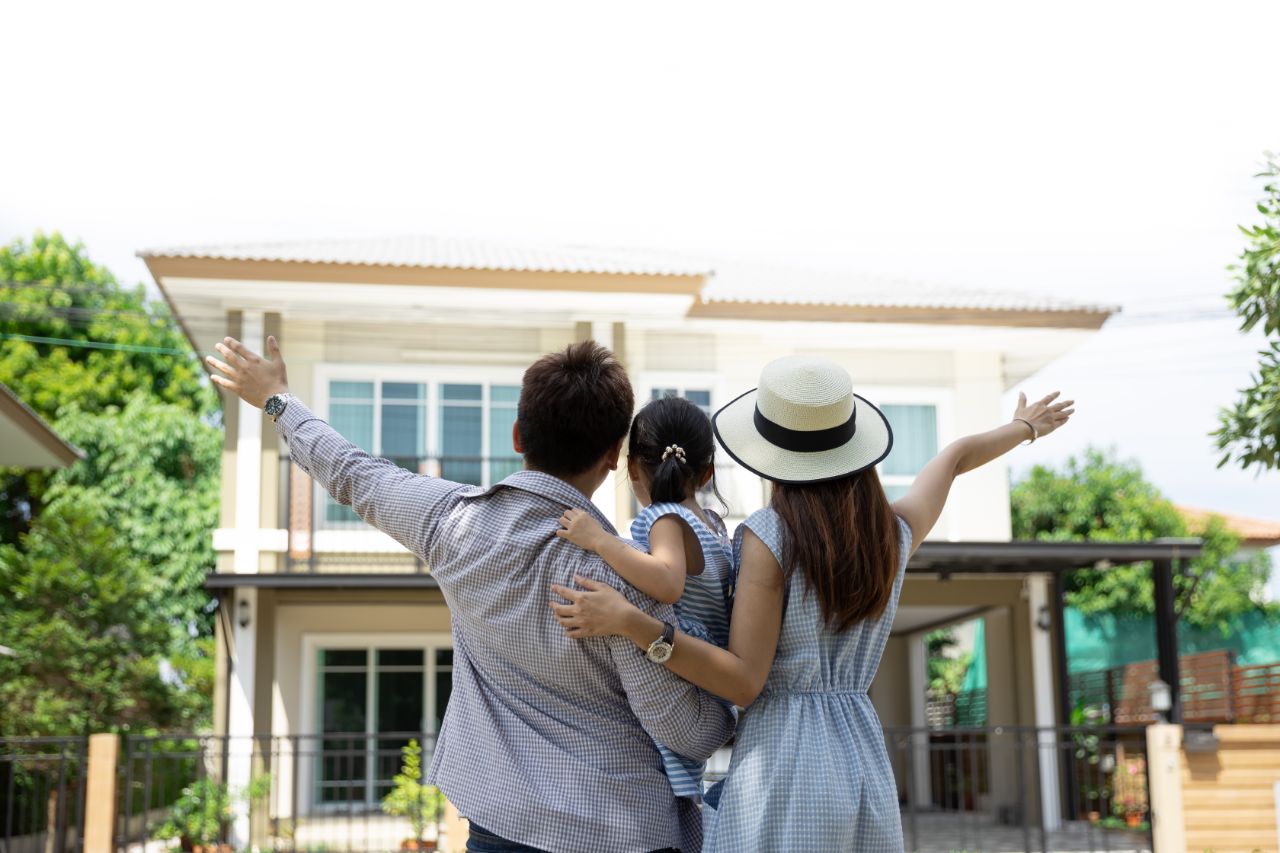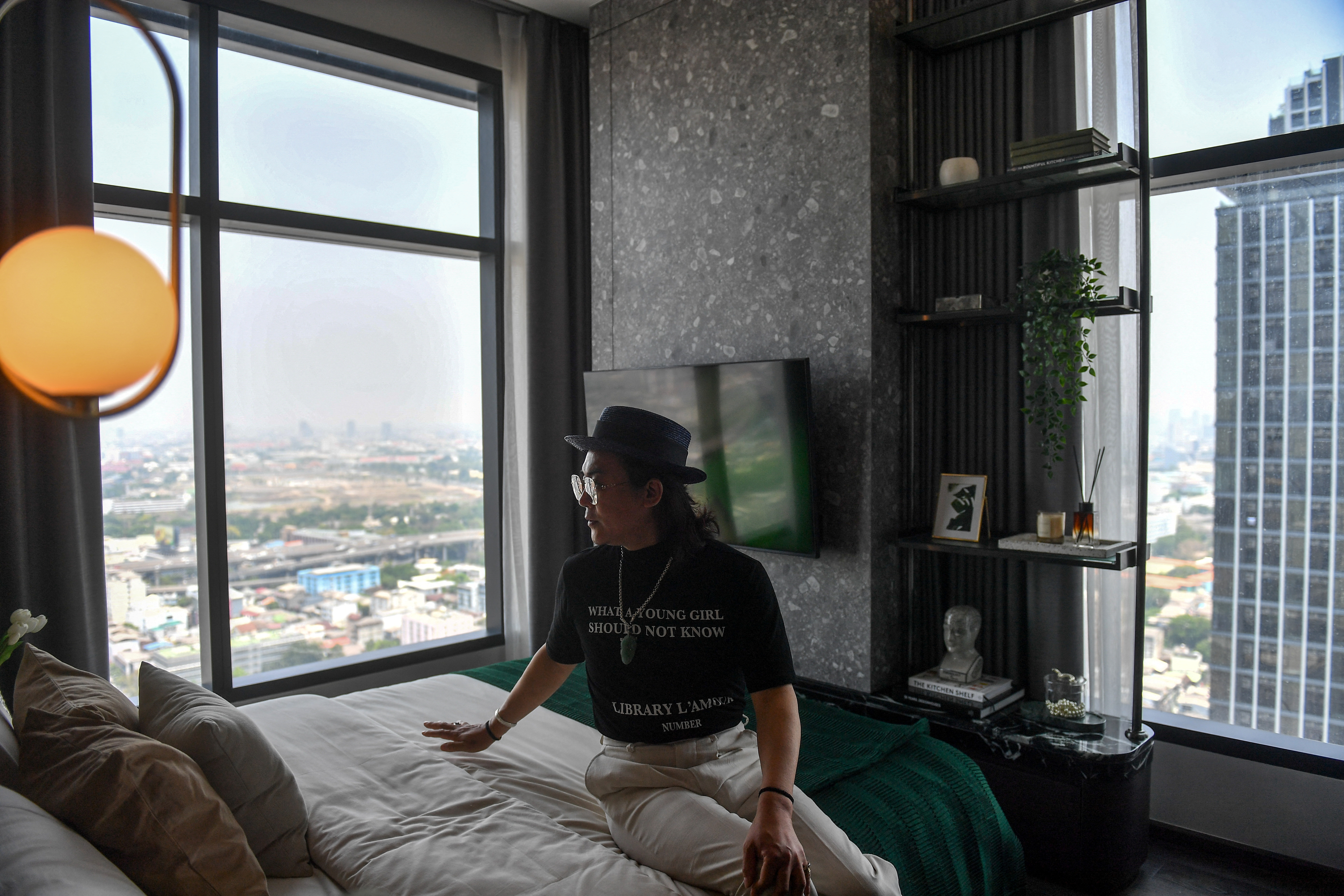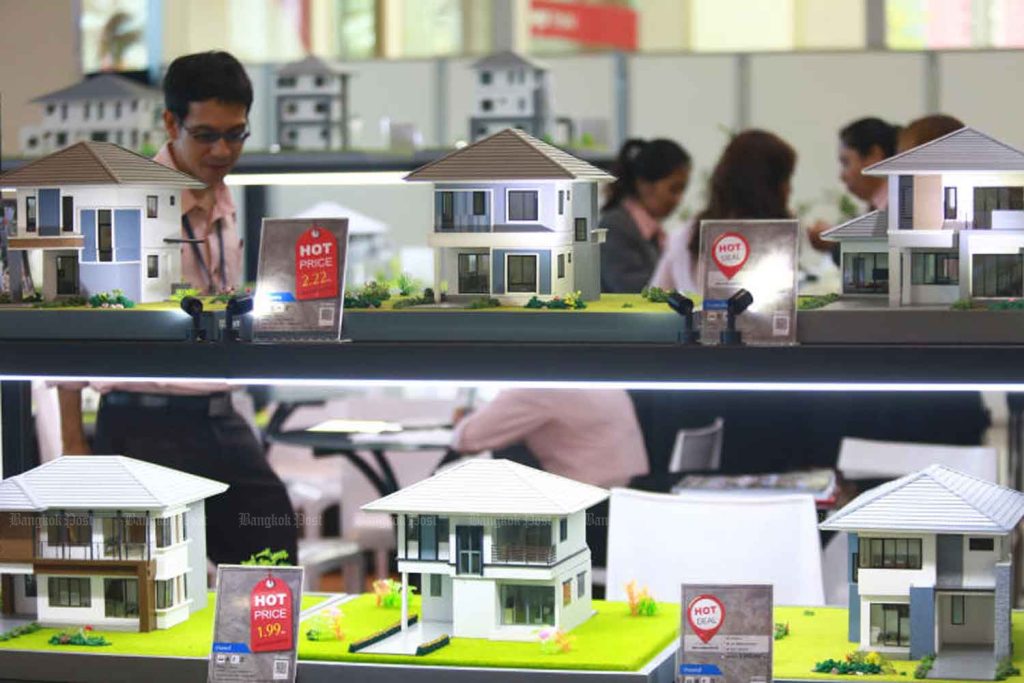News
Chinese Rush to Invest into Thailand’s Post Covid-19 Real Estate Market

Thailand has seen an increasing trend in Chinese ownership in the real estate market in numerous areas, including Chiang Mai, Phuket, Pattaya, and Koh Samui, particularly following COVID-19.
Many Chinese investors have invested in Chiang Mai housing complexes, particularly in the Hang Dong, San Kamphaeng, and San Sai districts, transforming them into Chinese communities.
Although Thai law bans foreigners from owning “land” in the Kingdom, the Thai Condominium Act 2008 enables a foreigner to possess up to 49% of a condominium as an individual or as a corporate corporation.
This loophole allows Chinese investors to utilise Chinese property developers to collaborate with local Thai companies to market the product to Chinese clients by executing a contract in China that serves as a binding contract to assure Chinese clients that they have a residence in Thailand. This trend is growing Chinese desire for a second house in Thailand.
Daniel Bian, a Chinese property speculator, spoke to Reuters from a deckchair by a swimming pool on the 19th floor of a luxury condominium.

Daniel Bian, a Chinese potential property buyer from Shanghai, visits a luxury condominium in Bangkok, Thailand, Photo Reuters
“I’m alive.” “I feel free,” remarked Bian, dashing in tinted eyeglasses, a flat-topped navy blue hat, and a wraparound tunic belted at the waist, his hair casually falling to his shoulders. “This is my dream.”
Bian, who has been imprisoned in China for three years because to arguably of the world’s harshest COVID-19 restrictions, is among a torrent of mainland Chinese looking for property purchases in Southeast Asia after Beijing opened its borders this year.
Many Chinese are willing to invest in a foreign residence as a safety net in the event of a similar disease outbreak, as well as to hedge against domestic economic concerns.
According to Trip.com data, Thailand was the most popular outbound destination for Chinese travellers during the May labour day holiday, followed by Japan and South Korea.
And the Southeast Asian country’s good international schools and high-quality medical facilities are attracting an increasing number of people looking for a second home.
Thailand expects at least 5 million Chinese visitors this year, with some planning to buy property, a long cry from the days before COVID, when they accounted for over a third of the 40 million arrivals.
“There is definitely demand from China for properties in Thailand,” Mesak Chunharakchot, head of the Thai Real Estate Association, said.
Locations in major cities such as the capital, Bangkok, as well as Chiang Mai in the hilly north, the east coast beach resort of Pattaya, and the northeastern area of Isan, are at the top of purchasers’ choices, he noted.
“Chinese are buying homes, sending their children to international schools, and having their parents come to Thailand to look after the grandchildren.”
According to government data, about 270,000 Chinese visitors visited Thailand in March, a three-year record but much below the amount of 985,227 in March 2019, before the pandemic took hold.
The proportion of Chinese students at Singapore International School Bangkok (SISB.BK) increased to 12% to 13% early this year, or 400 out of a total student population of 3,100 on four campuses, exceeding the number of 6% in pre-pandemic 2019.
“In China, when things are closed – it’s overnight, nobody can go out,” said Kelvin Koh, the school’s chief executive. “This had an impact on the behaviour of Chinese families.”
Despite Thai laws that limit foreign ownership to 49% of condominium units, potential purchasers are pouring in, providing business to real estate agents that cater to Chinese customers.
Owen Zhu is one such agent, who accompanied Bian, 50, and his 70-year-old mother through viewings of three high-end properties in Bangkok on a day-long property tour, dressed stylishly in a close-fitting white dress topped off with a matching hat and veil.
“A lot has changed since the pandemic. “The majority of Chinese people choose to live in luxury apartments,” Zhu remarked.
Many clients who previously purchased for investment objectives have now focused on properties costing more than 2 million yuan ($290,000), he added.
“The budget can only buy a basic home in China’s first-tier cities, and the location may not be ideal,” Zhu explained.
“However, with that money, they could purchase a luxury flat in the heart of Bangkok.” As a result, some might sell one of their homes in China and purchase a property here for retirement.”
Bian, who coordinates cultural exchanges between China and other nations, observes less restrictions in Thailand as well.
“The ability to enter and exit the country, as well as travel back and forth.” In addition to societal and personal liberty. “Freedom is extremely important,” Bian stated.
































